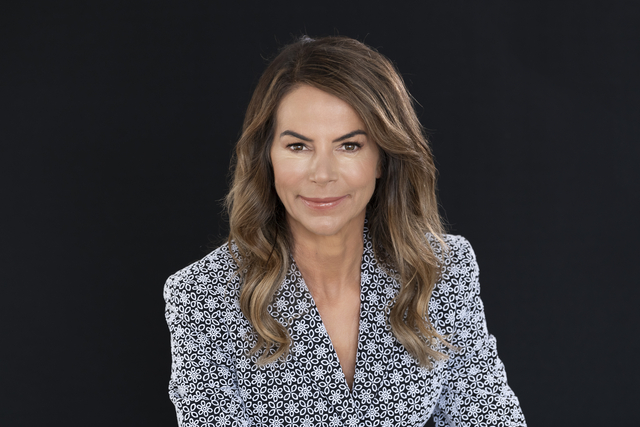At the October Ordinary Meeting, Council considered the Queensland Audit Office Interim Audit Report into the December 2024 fraud incident that resulted in the loss of $1.9 million of community money.
Let that sink in — $1.9 million.
As I said in the meeting, a single-page summary of a loss of that scale is not good enough. The people of Noosa deserve transparency, accountability, and respect. They deserve answers.
This issue has shaken community confidence and made headlines across the state and nationally.
The public is angry — and rightly so. When asked how I felt about the report, I spoke plainly: I was angry, frustrated, and deeply uncomfortable hiding behind confidentiality.
We are elected to serve the community, not shield ourselves from scrutiny. Our job is to be honest about what went wrong, to fix it, and to ensure it never happens again.
This isn’t the first time Council has faced a serious breach.
In 2016, Noosa Council was the target of a cyber-attack. More recently, Gold Coast City Council lost $2.7 million to fraud. These incidents reveal a troubling pattern — councils must do better at protecting community funds.
From the outset, I made it clear that Council’s response must go beyond a one-page noting report. That’s why I moved two amendments at the meeting.
The first called for a publicly accessible follow-up report to be released by December — one that clearly answers the community’s questions and outlines findings, actions, and lessons learned, within legal and privacy obligations.
I fully acknowledge the importance of protecting sensitive information — and that’s precisely why my amendment made clear that any disclosures must comply with legal and privacy obligations. That matters. But it’s entirely possible to redact confidential details while still being transparent about key findings and lessons learned. Keeping everything behind closed doors only deepens mistrust. Transparency doesn’t undermine security — it reinforces good governance.
A majority of councillors supported the amendment (5:2), but it did not receive support from Mayor Frank Wilkie or Deputy Mayor Brian Stockwell. That was disappointing.
In Queensland, the Local Government Act 2009 outlines the principles that guide Councillor and Mayoral conduct, including the requirement for “transparent and effective processes and decision-making in the public interest.” Leadership is not about deflection or delay — it’s about taking responsibility and putting the community first.
Leadership means giving the community confidence that we are listening and that their questions matter. The community did not elect us to rubber-stamp Council recommendations. They elected us to represent them, to fight for their rights, to spend their money wisely, and to protect it.
The second amendment I proposed called for Council to formally acknowledge the internal issues that contributed to the fraud and commit to reviewing internal processes, workforce capability, and resourcing. After discussion, I withdrew the amendment, satisfied that these issues will be addressed in the follow-up report.
Still, the need for clarity and accountability remains. At the meeting, I asked hard questions about governance, oversight, and workforce capacity — including when the Audit and Risk Committee last reviewed Council’s fraud and corruption control framework.
I also raised concerns about workforce pressures — staff shortages, turnover, and delays in finance and strategic areas. Mistakes happen when systems and people are stretched. I questioned the growing reliance on consultants — their role, purpose, and cost — because Council must have the internal capability to manage complex financial risks.
The CEO confirmed that the Queensland Audit Office is reviewing the incident and existing controls. But as I said at the meeting — that’s not enough. The follow-up report must explain how and why the fraud occurred, what lessons have been learned, and how those lessons will be embedded into Council’s governance and culture. Systemic weaknesses must be fixed, and trust must be rebuilt.
And someone, in my view, must be held accountable.
At the end of the day, this is public money — and public trust is our most valuable asset. The community deserves honesty, not silence. My focus now is on ensuring we learn from this, strengthen our systems, and rebuild confidence in Council.
Transparency isn’t about politics — it’s about respect for the people we serve.
PS I wish to note my appreciation to Councillors Phillips, Wilson, Finzel, and Wegner for supporting the amendment (5:2) calling for a publicly accessible follow-up report.
(Please note: This article reflects my personal views and what I expressed at the Ordinary Meeting. It does not represent the official position of Noosa Council).








